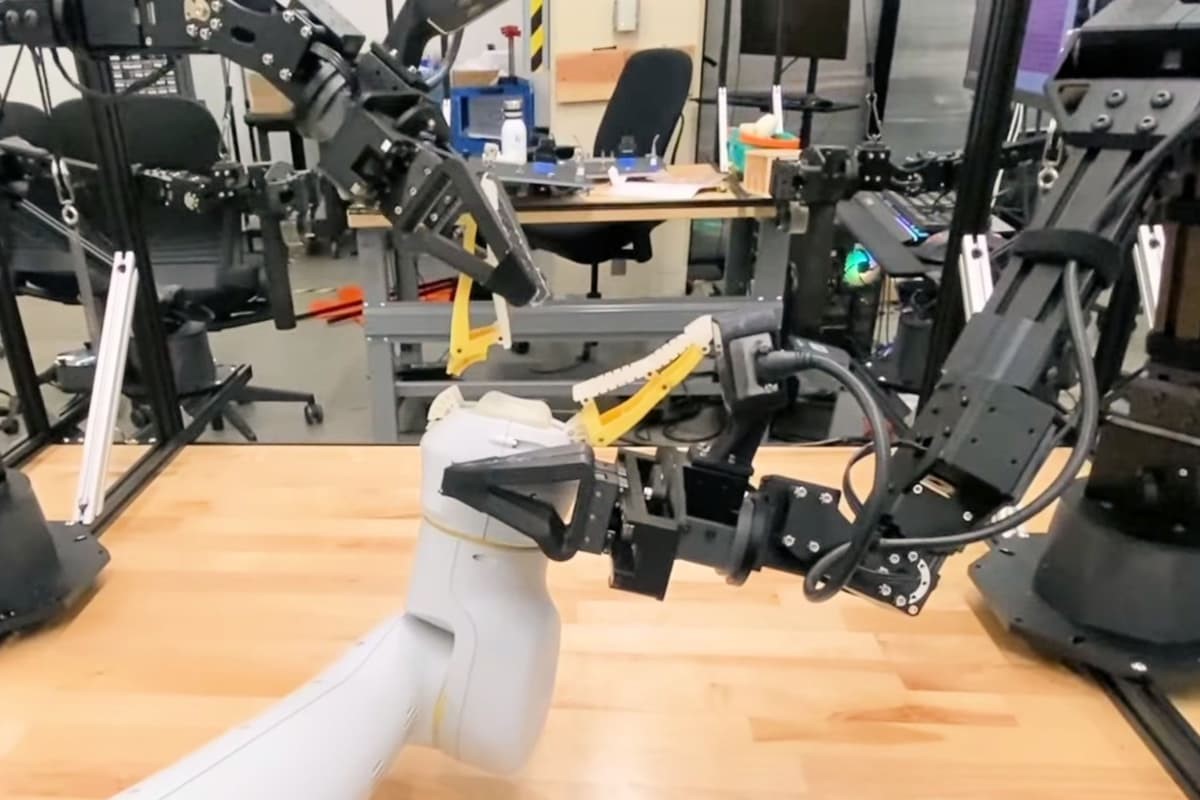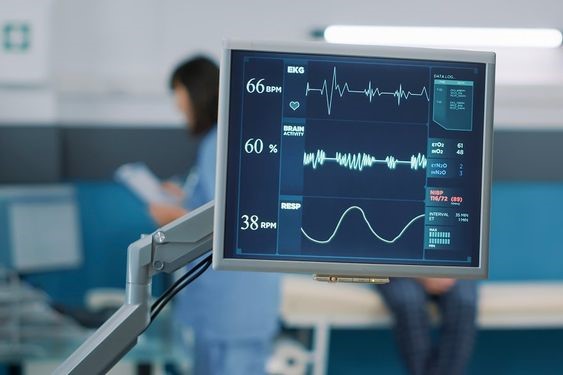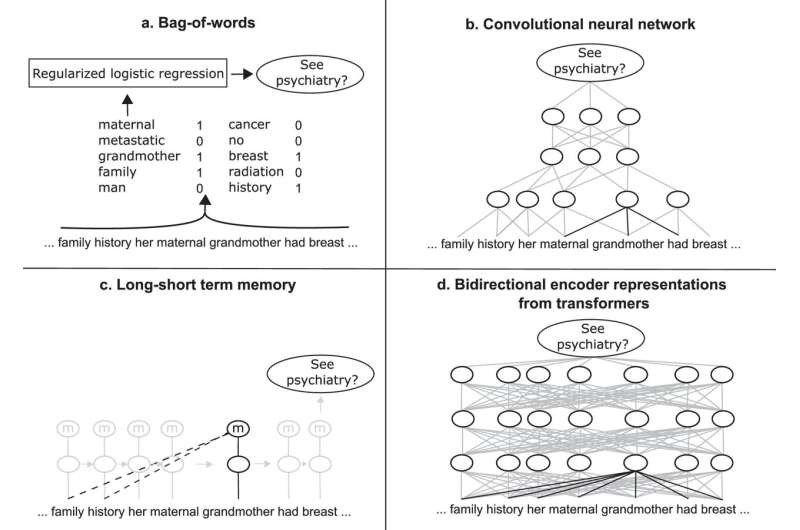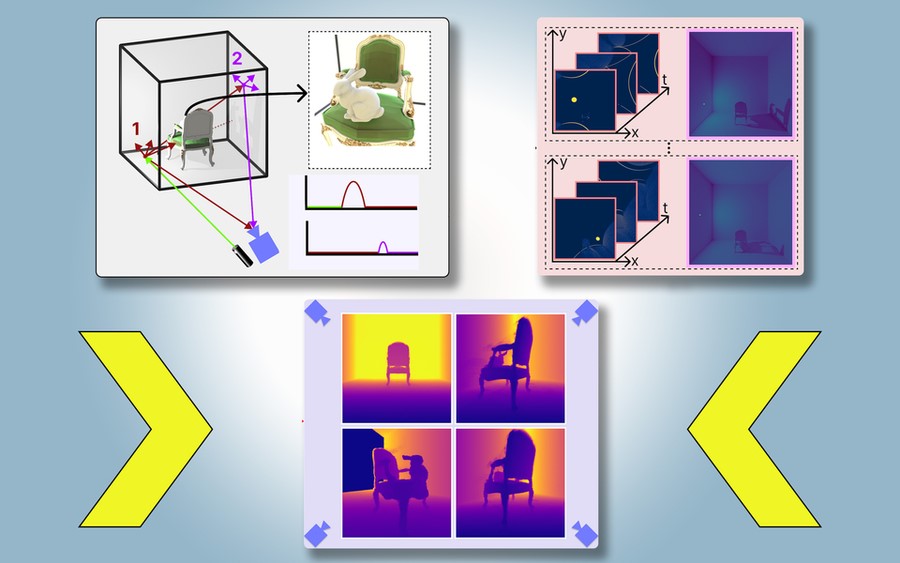Life-Saving Hospital Trial Utilizes AI Predicting Mortality Risk
In a groundbreaking clinical trial involving nearly 16,000 patients across two hospitals, an AI system trained on analyzing the heart's electrical activity successfully alerted physicians to high-risk patients, resulting in a significant 31% reduction in overall deaths among this group. This trial underscores the life-saving potential of artificial intelligence in healthcare settings.
Eric Topol from the Scripps Research Translational Institute in California, who was not involved in the study, describes the results as "quite extraordinary." He emphasizes that achieving a 31% reduction in mortality is exceptionally rare, particularly for a non-drug intervention like AI-based monitoring of patients.

Figure 1. AI Trained on Electrocardiogram Tests Predicts Risk of Fatal Heart Conditions
Figure 1 Show in AI Trained on Electrocardiogram Tests Predicts Risk of Fatal Heart Conditions. Chin Lin and his team at the National Defense Medical Center in Taiwan initially trained their AI using over 450,000 electrocardiogram (ECG) tests, which record the heart's electrical activity, alongside survival data of the ECG subjects. The AI was trained to generate a percentile score for each patient, indicating their risk of mortality, with those scoring at or above the 95th percentile considered at high risk.
According to Lin and his team, the AI system not only reduced the overall probability of mortality but also decreased the mortality rate from heart-related issues by nearly 90% among high-risk individuals. They suggest that the AI predictions could aid in focusing attention on the most at-risk group, as physicians tended to respond to alerts by conducting further diagnostic testing and administering additional therapy.
In Taiwan, 14 military hospitals have already adopted the AI alert system. According to Topol, implementation of this system should be feasible in hospitals worldwide as it is not expected to be costly. He emphasizes that given the significant benefits observed, such as reduced mortality rates, this technology should be considered the standard of care across all healthcare facilities.
References:
- https://www.newscientist.com/article/2428674-ai-that-determines-risk-of-death-helps-save-lives-in-hospital-trial/
- https://www.indianext.co.in/ai-that-assesses-mortality-risk-saves-lives-during-a-hospital-experiment/
Cite this article:
Janani R (2024), Life-Saving Hospital Trial Utilizes AI Predicting Mortality Risk, AnaTechMaz, pp.393















